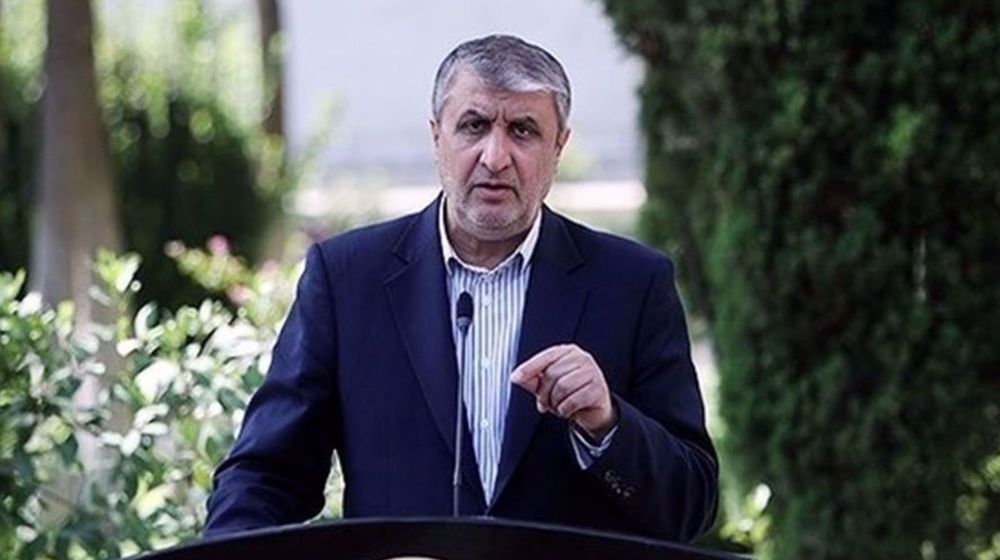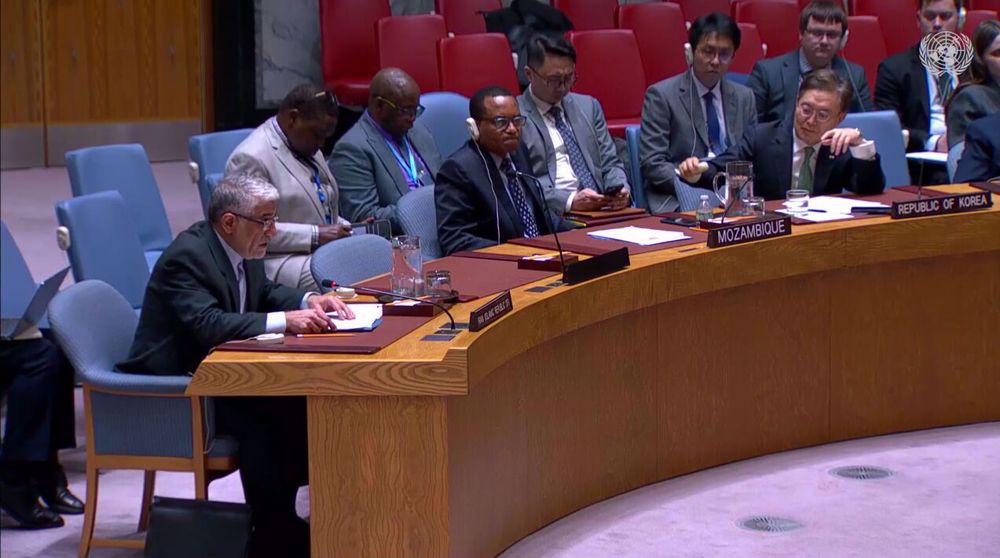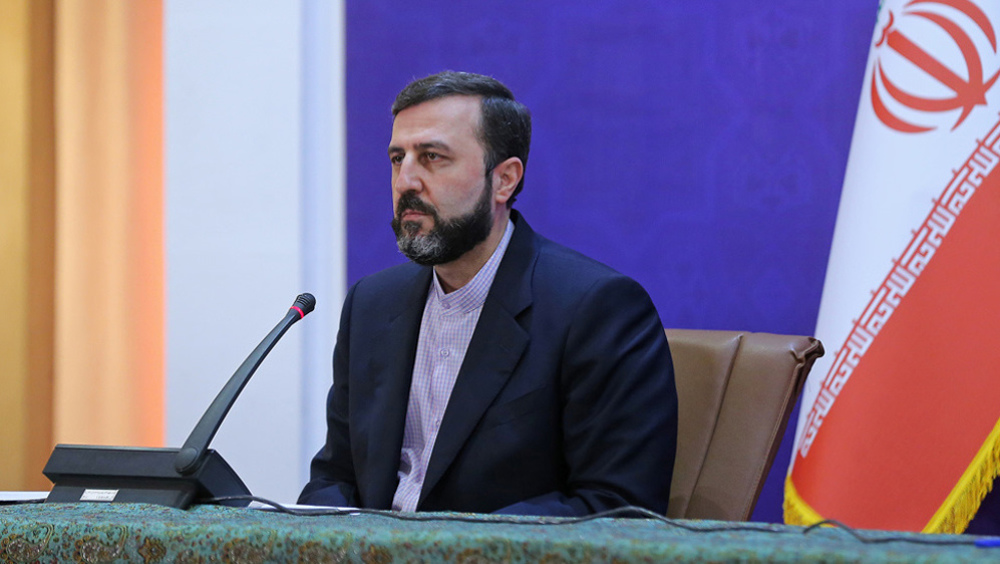Germany, France resolute on Iran nuclear deal preservation
The foreign ministers of Germany and France, two signatories to a nuclear agreement reached between Iran and the P5+1 group of countries in 2015, have expressed their countries' firm determination to preserve the multilateral agreement.
German Foreign Minister Heiko Maas said on Monday that Berlin sees no reason to scrap the nuclear deal, officially known as the Joint Comprehensive Plan of Action (JCPOA), and vowed to do everything possible to uphold it.
"We continue to believe that this agreement makes the world safer and without this agreement the world would be less safe," Maas said at a joint news conference with French Foreign Minister Jean-Yves Le Drian in Berlin.
"We fear a failure [to abide by the deal] would result in an escalation," the top German diplomat added.
US President Trump, a long-time critic of the JCPOA, has repeatedly threatened to abrogate the nuclear agreement by not extending sanctions waivers when they expire on May 12, if the European signatories to the deal - Britain, France and Germany - do not "fix" what he calls its "terrible flaws."
EU to stick to JCPOA irrespective of US decision: France
The French foreign minister also said on Monday that France, Britain and Germany would preserve the nuclear deal with Iran irrespective of the United States' decision later this week because it is the best way to avoid nuclear proliferation.
"We are determined to save this deal because this accord safeguards against nuclear proliferation," Le Drian told reporters.
In an article in The New York Times on Sunday, British Foreign Secretary Boris Johnson called on the US president not to scuttle the Iran nuclear deal.
Johnson, who is in Washington to persuade the Trump administration to remain in the international accord, said that "it would be a mistake to walk away.”
A senior advisor to Leader of the Islamic Revolution Ayatollah Seyyed Ali Khamenei said on Sunday if Americans opt to quit the nuclear deal, the Islamic Republic is ready to counter their measure in a proportionate manner.
“If Americans decide to withdraw from the JCPOA, the Islamic Republic of Iran will undoubtedly take measures proportionate to conditions that they want to impose and will make them regret [their decision],” Ali Akbar Velayati, the Leader's senior advisor on international affairs, added.
Under the multilateral nuclear agreement, reached under Trump's predecessor Barack Obama, Iran undertook to put limits on its nuclear program in exchange for the removal of nuclear-related sanctions imposed against Tehran.
Late in April, the leaders of Britain, France and Germany reaffirmed their support for the landmark nuclear deal, noting that it is the best way to keep limitations on Iran's nuclear program in place.
According to a statement by the office of Britain's Prime Minister Theresa May, French President Emmanuel Macron and German Chancellor Angela Merkel made the remark in separate phone calls with the British premier.
Iran has repeatedly warned that any failure to respect the multinational agreement would have grave consequences, stressing that there is no alternative to the nuclear accord.
Read more:
Qassam Brigades claims killing 3 Israeli troops in northern Gaza
More alive than ever: Sayyed Hassan Nasrallah's legacy grows stronger in martyrdom
Occupation of Syria’s highest peak Mount Hermon part of ‘Greater Israel’ project
Iran: Syrian people will decide their future without foreign interference
IRGC says Iran’s power exceeds borders, warns enemies to adjust themselves
Dozens detained, several wounded in Israeli raids in West Bank
‘Ethnic cleansing’: Hamas blasts Israeli attacks on Gaza hospital amid intl. silence
Saudi delegation meets HTS leader at presidential palace in Damascus













 This makes it easy to access the Press TV website
This makes it easy to access the Press TV website